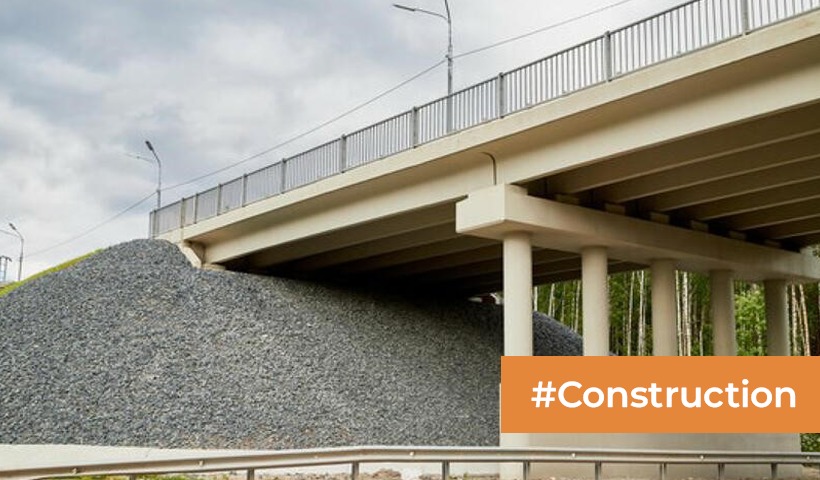Culverts and Homeownership: A Comprehensive Guide for Homeowners!
When homeowners think about construction and landscaping, they often focus on the visible aspects such as the house, gardens, and driveways. However, there’s an essential but often overlooked component that plays a critical role in maintaining a property’s infrastructure and preventing flooding: the culvert. In this blog, we will explore what a culvert is, its various uses in construction and landscaping, and why homeowners should have a good understanding of this important feature.
What is a Culvert?
A culvert is a structure used in civil engineering and construction to manage the flow of water. It is typically a tunnel or conduit that allows water to flow under roads, driveways, railways, or other structures. Culverts come in various shapes, sizes, and materials, including concrete, corrugated metal, and plastic. They are designed to channel water from one side of an obstacle to the other, thereby preventing flooding, erosion, and other water-related issues.
Uses of Culverts in Construction and Landscaping
- Drainage Control: Culverts are primarily used for drainage control. They allow water to flow naturally, preventing the buildup of excess water that can lead to flooding or soil erosion.
- Road and Driveway Crossings: Culverts are commonly installed under roads and driveways to facilitate the passage of water beneath these surfaces. This ensures that the road or driveway remains intact and safe for travel.
- Stream and River Channeling: In landscaping, culverts are used to channel streams or rivers through desired paths. This can help prevent natural water bodies from overflowing and damaging nearby structures.
- Erosion Prevention: Culverts are crucial for preventing soil erosion. By controlling the flow of water, they protect the integrity of the landscape and reduce the risk of landslides or washouts.
- Land Development: During the construction of new homes or developments, culverts are often installed to accommodate the natural flow of water. This is especially important in areas prone to heavy rainfall.
Why Homeowners Should Know About Culverts
- Property Protection: Understanding the role of culverts on your property can help you protect your home from potential water damage. Properly maintained culverts can prevent flooding, soil erosion, and other water-related issues that could harm your property.
- Maintenance and Repairs: Homeowners should be aware of the location and condition of culverts on their property. Regular inspection and maintenance are essential to ensure that culverts remain functional and do not become clogged or damaged over time.
- Landscaping and Yard Maintenance: If you’re planning landscaping projects, knowing the location of culverts can help you design your yard to work in harmony with the natural water flow. This can enhance the aesthetics and functionality of your outdoor spaces.
- Safety: Well-maintained culverts contribute to the safety of your property and the surrounding environment. Knowledge of their presence and condition can help you identify potential hazards and take preventive measures.
Conclusion
Culverts may not be the most glamorous aspect of construction and landscaping, but they play a vital role in protecting your property and preventing water-related issues. Homeowners should familiarize themselves with the presence and importance of culverts on their property. Regular maintenance, inspection, and awareness of these structures can help ensure the safety, functionality, and longevity of your home and its surroundings, ultimately contributing to a more secure and resilient property.
Disclaimer: The views expressed above are for informational purposes only based on industry reports and related news stories. PropertyPistol does not guarantee the accuracy, completeness, or reliability of the information and shall not be held responsible for any action taken based on the published information.




